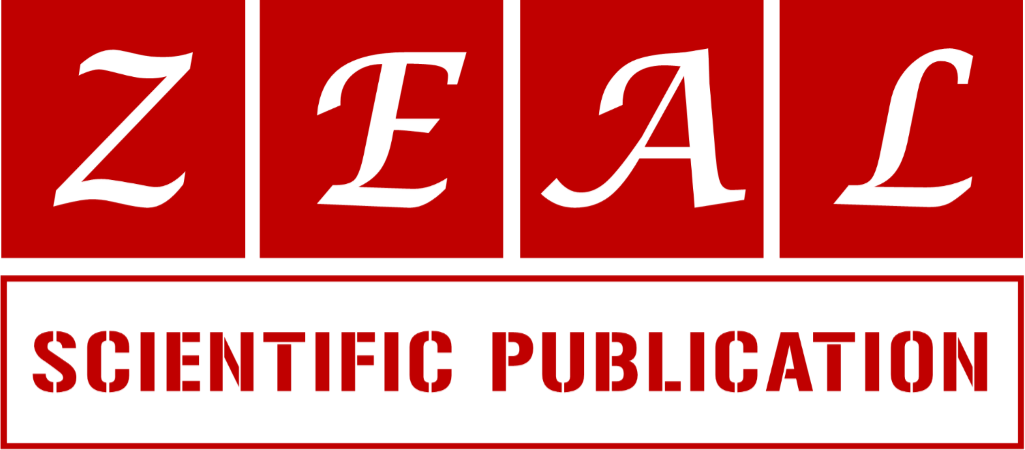Medicinal plants and functional foods sold by market vendors and used by their clients for COVID-19 in Gondar City, Ethiopia
1 Department of Social Anthropology, Faculty of Social Sciences, Bahir Dar University P.O. Box 79, Bahir Dar, Ethiopia.
2 Department of Epidemiology and Biostatistics, University of California, San Francisco, California, USA.
3 Department of Pharmacognosy, School of Medicine, College of Medicine and Health Sciences, University of Gondar, P.O. Box 196, Gondar, Ethiopia.
4 Department of Pharmacology, School of Medicine, College of Medicine and Health Sciences, University of Gondar, P.O. Box 196, Gondar, Ethiopia.
Review
World Journal of Advanced Pharmaceutical and Medical Research, 2024, 06(01), 001–010.
Article DOI: 10.53346/wjapmr.2024.6.1.0043
Publication history:
Received on 22 November 2023; revised on 31 December 2023; accepted on 03 January 2024
Abstract:
Background: Many Ethiopians use traditional medicines. However, little is known about the role of open markets as sources of alternative medicines in preventing and treating COVID-19. Objectives. The objectives of this study are to identify medicinal plants and plant products sold by vendors in the markets of Gondar City and used by their clients to treat the COVID-19-related symptoms of fever, cough, and headache.
Methods and Materials: Questionnaires were used to interview vendors and clients.
Results: The research identified 38 vendors who sold traditional medicines and 37 clients who reported using medicines for fever, cough, and headache. Of the 14 medicinal, food, and spice plants and plant products sold, the most common were garlic (Allium sativum) followed by black cumin (Nigella sativa) seeds, haregresa (Zehneria scabra) leaves, and basil (Ocimum trifolium) leaves. The plant materials most commonly used were haregresa leaves, garlic, and flax seeds. Four of the plants have active anti-coronavirus, immune-modulatory, and anti-inflammatory compounds. The sale and use of medicinal plants and functional foods reflects traditional cultural practices in Ethiopia.
Conclusion: Open-air markets are a major source of indigenous foods and medicines that may be valuable in the management of COVID-19. Medicinal plant products sold for fever, headache, and cough in Gondar City may have mostly palliative and immuno-modulatory benefits. Several areas needing further study are identified.
Keywords:
COVID-19; Traditional medicines; Market vendors; Clients; Ethiopia
Full text article in PDF:
Copyright information:
Copyright © 2024 Author(s) retain the copyright of this article. This article is published under the terms of the Creative Commons Attribution Liscense 4.0
